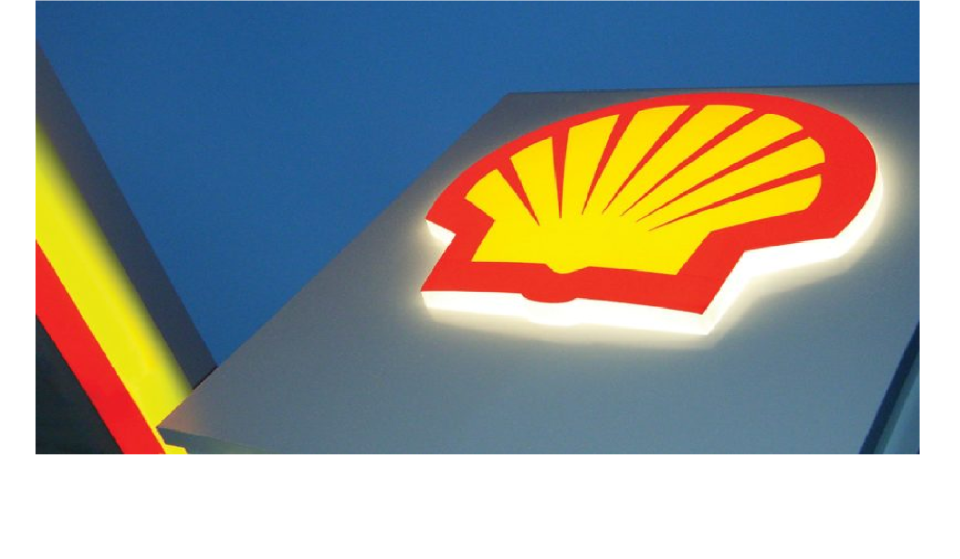By Ejekwu Chidiebere
“Shell is turning down the heat and turning up the performance in data centers with the launch of its DLC Fluid S3 — a cutting-edge Direct Liquid Cooling (DLC) solution designed to meet the demands of high-performance computing and Artificial Intelligence (AI).”
Shell calls it, “propylene glycol-based fluid” which it says best complements its existing immersion cooling fluid portfolio while offering excellent heat transfer performance. For Shell, the momentum must be sustained in order to maintain its dominance in the data centre liquid cooling global market.
Why it matters Shell says is because of the pressing need of ensuring that the “traditional air-cooling struggles” keep up with the sustained growth in data centers where heat generation from high performance computing and Artificial Intelligence (AI) systems seems to be hitting the rooftops.
“DLC fluids tackle the heat head-on, targeting high heat load components to ensure densely packed server racks can continue to operate at optimal temperatures.”
Explaining further Shell said: “By directly cooling high-performance components like Central Processing Units (CPUs) and Graphics Processing Units (GPUs), DLC fluids can improve Power Usage Effectiveness (PUE) by up to 27%2, in comparison with the power usage effectiveness (PUE) of air-cooling and reduce the need for energy-consuming air conditioning. Shell DLC Fluid S3 also meets all Open Compute Project (OCP) PG25 coolant specifications, including standards for material compatibility. It also helps to protect the manufacturer’s warranty as there is no direct contact with the microprocessor.”
About what makes the Company’s DLC Fluid unique, Shell explains that DLC Fluid has long-term corrosion protection particularly for all DLC cooling systems, including aluminium, brass, cast iron, steel, solder and copper. Adding that the product was specially formulated to provide superior protection for aluminium and aluminium alloys.
Its excellent heat transfer performance particularly for high-surface-area copper-based heat sinks is second to none, Again its compatibility with a wide range of materials like metals and metal alloys, elastomers, plastics and other wetted materials as per OCP guidelines is yet to be seen anywhere. Its 2-ethylhexyl acrylate-, borate- and silicate-free formulation Shell says also provides improved metal and rubber compatibilities over competitive formulations. Shell also believes that the fluid’s 6-year plus life expectancy is still better than what it called, “competitive conventional inorganic acid technology (IAT) based fluids.”
Other qualities of DLC cooling fluid include, easy leak detection as “dyed fluorescent green helps to identify any in-service leakage, freeze protection which can be used in servers and electronic components to provide freeze protection down to sub-zero temperatures (−10°C/14°F) while helping to prevent corrosion to ensure long hardware life circle.
Aysun Akik, VP New Business Development and Global Key Accounts Shell Lubricant therefore said: “With Shell DLC Fluid S3, Shell now offers both direct-to-chip and full immersion cooling solutions, and we’re not just keeping data centers cool in the age of AI — we’re powering the future of digital infrastructure.” “We are continuing our commitment to innovation that delivers on performance, sustainability, and reliability to support our customers’ goals.”
Akik added: “Our growing range of advanced liquid cooling solutions is designed to meet the diverse needs of modern data centres both today, and tomorrow – and are backed by the strength of Shell’s global footprint, supply chain and five technology development hubs around the globe.”
Further breakdown of the functions of DLC Energy Window International (Media) gathered from the Company’s statement shows that “Direct Liquid Cooling” (DLC) is an advanced liquid cooling technology that delivers fluid to a cold plate placed on high-performance components like Central Processing Units (CPUs) and Graphics Processing Units (GPUs), allowing it to pass directly by the heat source. “This makes the extraction of heat more efficient than conventional air cooling, helping to handle the heat output of servers such as the high-density GPU clusters used in AI systems.”
Combined with other low carbon solutions offered by Shell such as renewable power, smart energy management services and certified carbon credits, the deployment of advanced liquid cooling solutions can support data centre operators’ goals of optimizing performance sustainably, Energy Window International (Media) also learnt.
Shell has said that it is moving on to invest in new products such as fluids for electric cars, battery storage systems and data centres to keep its lead as the world’s top lubricants supplier.
.

